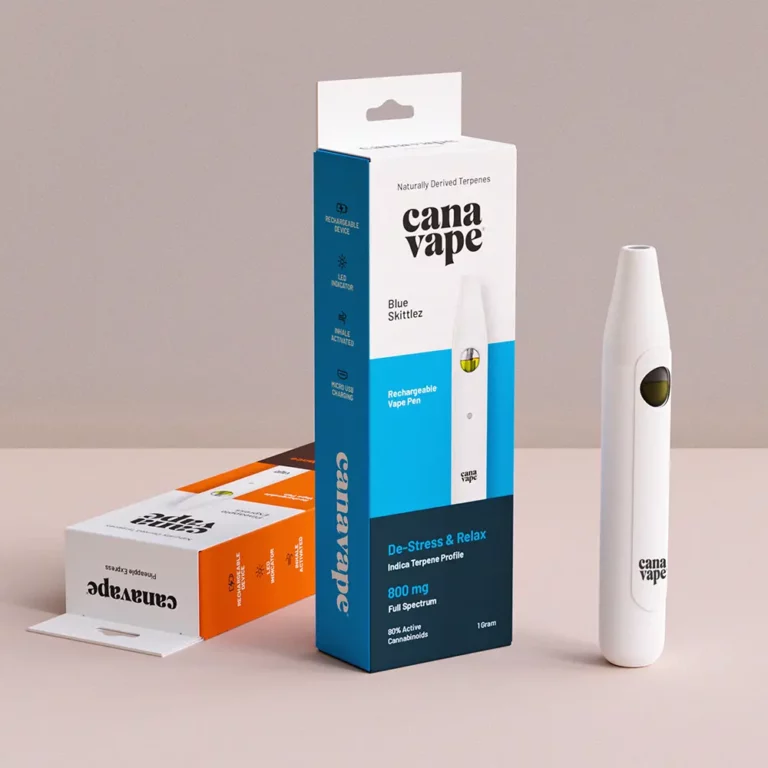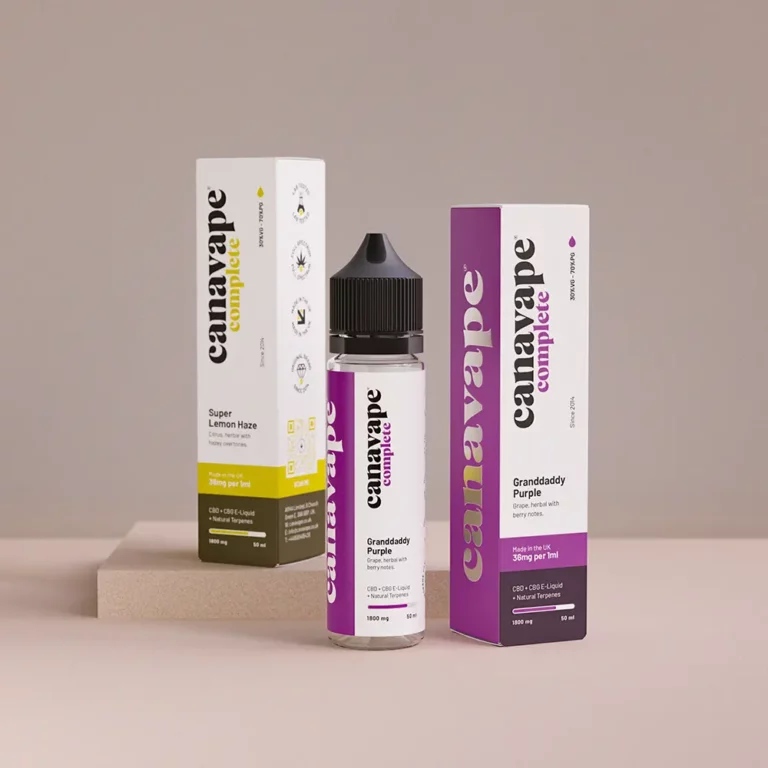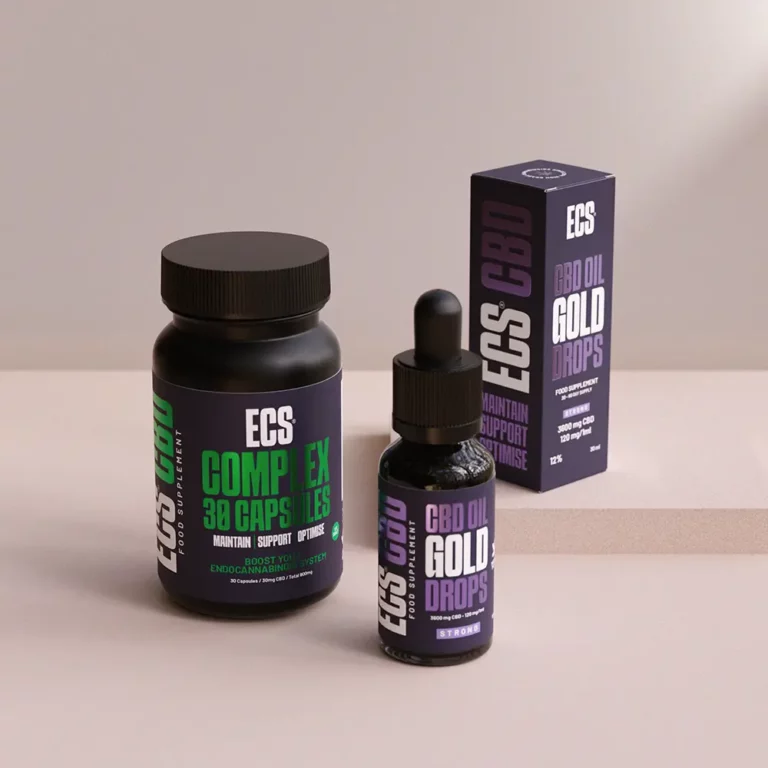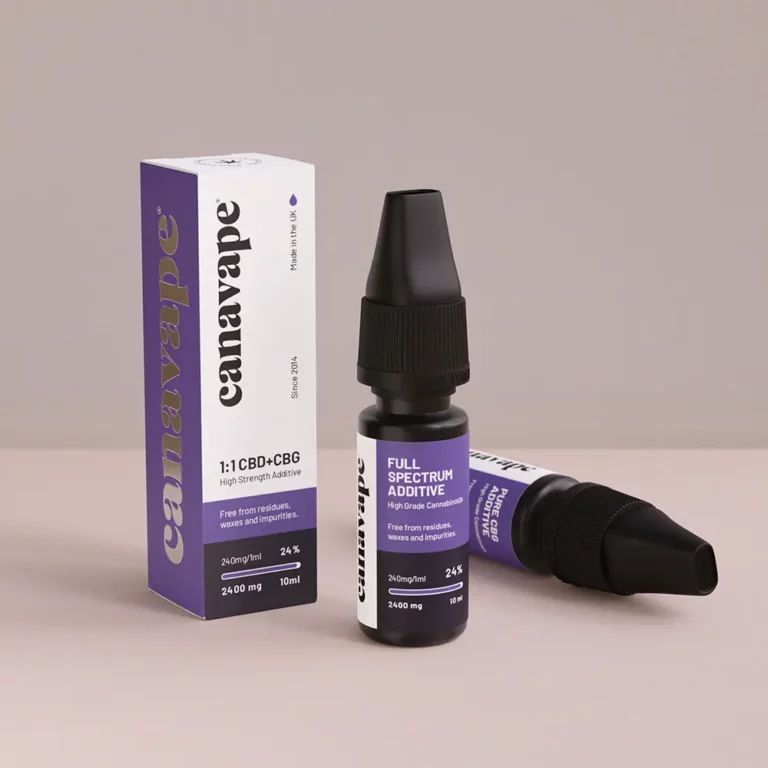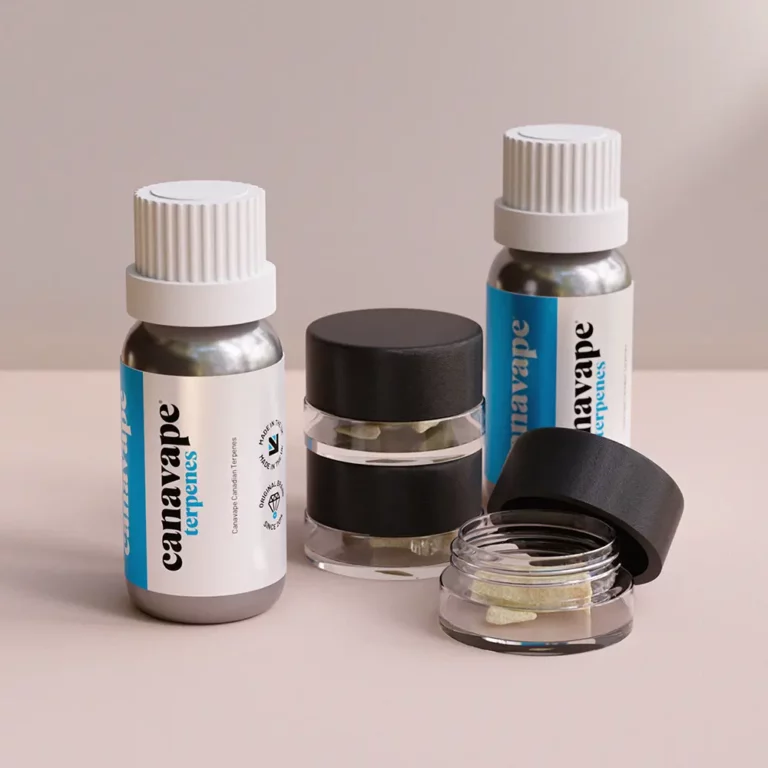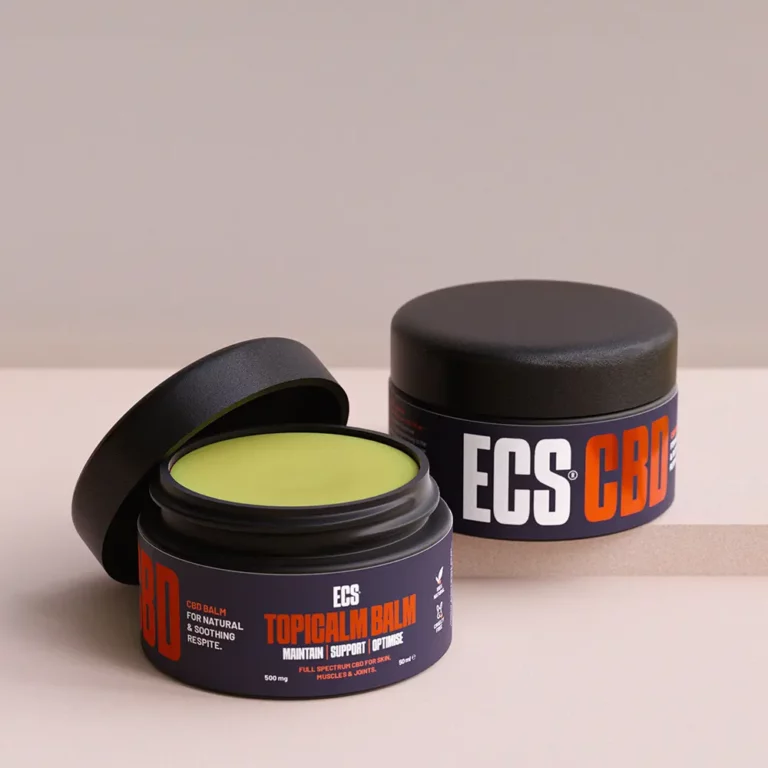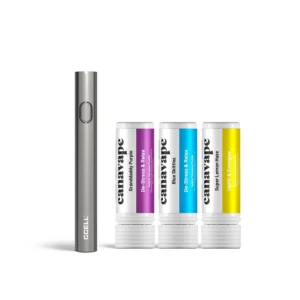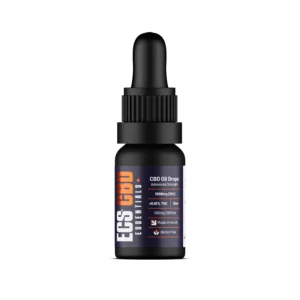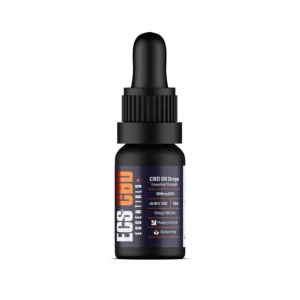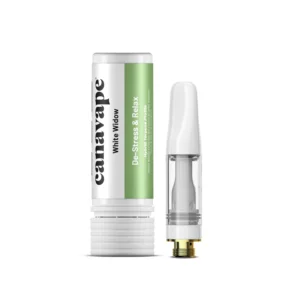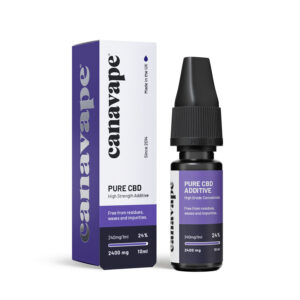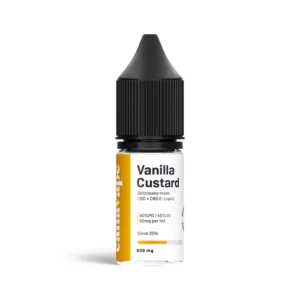One of the most common questions that arise when exploring the world of CBD is whether it is safe to consume alongside alcohol. CBD, short for cannabidiol, is a non-psychoactive compound derived from the hemp plant that has gained significant popularity due to its potential therapeutic benefits. On the other hand, alcohol is a widely consumed substance known for its mind-altering effects.
The Definition of CBD Oil:
CBD oil is a concentrated liquid extract that contains cannabidiol, obtained from the hemp plant. It is commonly used as a dietary supplement and is available in various forms, including tinctures, capsules, and vape oils. CBD oil is known for its potential to promote relaxation, reduce anxiety, alleviate pain, and improve overall well-being.
The Background:
Before delving into whether CBD oil and alcohol can be safely consumed together, it is important to understand the effects of each substance individually. Alcohol is a central nervous system depressant that can impair cognitive and motor functions. Excessive alcohol consumption can lead to various health issues, including liver damage, addiction, and impaired judgment.
On the other hand, CBD oil does not possess the same intoxicating properties as alcohol. It interacts with the endocannabinoid system in the body, which regulates various physiological processes such as mood, pain, and sleep. CBD is believed to have potential therapeutic effects without causing the euphoric high associated with THC, another compound found in cannabis.
The Key Principles:
When it comes to consuming CBD oil and alcohol together, it is essential to consider a few key principles. Firstly, both substances can affect individuals differently, and the effects may vary based on factors such as dosage, metabolism, and overall health. Secondly, moderation is key. Excessive consumption of alcohol or CBD oil can lead to adverse effects.
While research on the specific interactions between CBD oil and alcohol is limited, some studies suggest that CBD may have a protective effect on the liver. Alcohol-induced liver damage can be mitigated by the potential anti-inflammatory and antioxidant properties of CBD. However, it is crucial to note that more research is needed to fully understand these interactions.
The Components:
Alcohol and CBD oil have different effects on the body due to their distinct mechanisms of action. Alcohol primarily affects the central nervous system by increasing the release of neurotransmitters like dopamine and serotonin, resulting in the characteristic feelings of relaxation and euphoria. CBD, on the other hand, interacts with cannabinoid receptors in the body to promote balance and homeostasis.
When consumed together, CBD oil may help counteract some of the negative effects of alcohol, such as oxidative stress and inflammation. However, it is important to note that CBD oil does not eliminate or reduce the impairment caused by alcohol consumption. Therefore, it is advisable to exercise caution and consume these substances responsibly.
Ultimately, the decision to drink alcohol while using CBD oil is a personal one. It is crucial to consider individual tolerance, potential interactions, and desired effects. If you have any concerns or questions, it is always recommended to consult with a healthcare professional before combining alcohol and CBD oil.
In conclusion, while CBD oil and alcohol can be consumed together, it is important to exercise caution and moderation. Understanding the effects of each substance and considering individual factors is crucial for making an informed decision. As with any dietary supplement or substance, it is always best to consult with a healthcare professional to ensure your safety and well-being.
